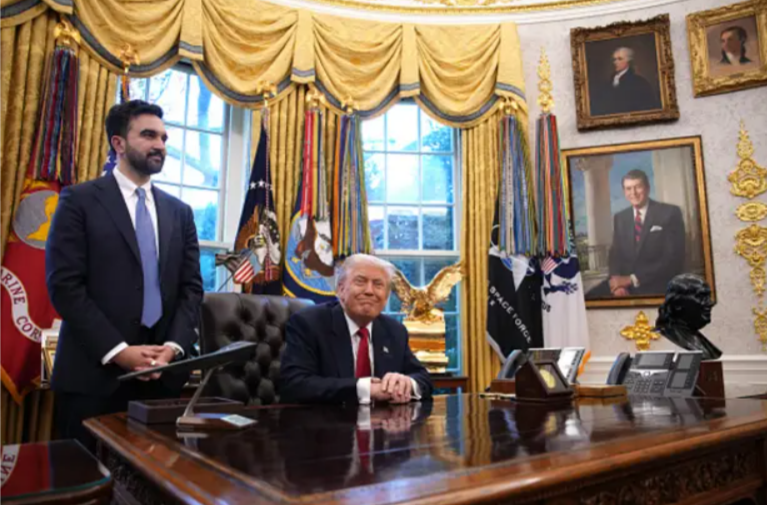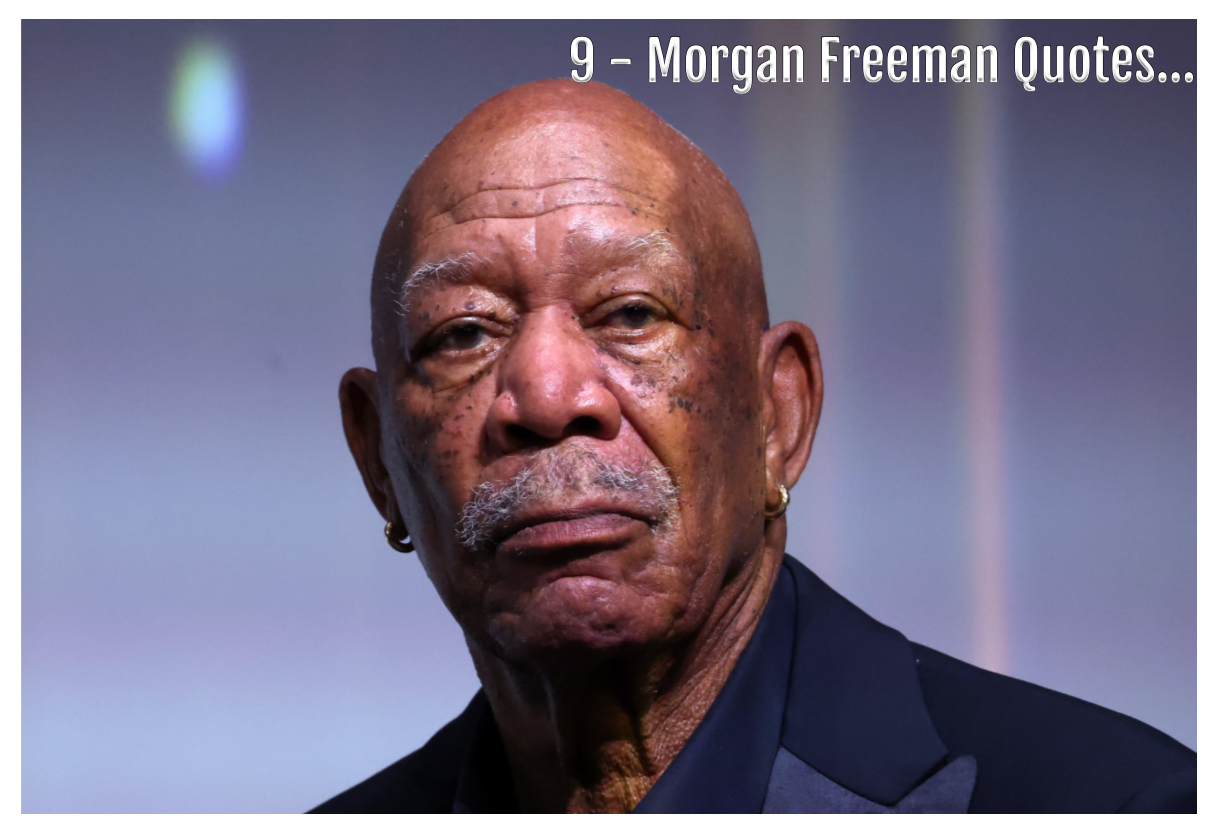(ThyBlackMan.com) It’s called the “invisible tax” — the expectation that Black teachers will take the lead on all things Black — from organizing school-wide Black History Month events to being the entry point to the school system for families of color. Except now it’s not so invisible anymore — and Black educators have had enough.
“I would say at this point, this is kind of visible. It’s pretty conspicuous,” says Sharif El-Mekki, the founder and chief executive officer of the Center for Black Educator Development.
“You feel compelled to do it because you see yourself in that child. They’re part of your community and your cultural background,” El-Mekki says. “But you’re not being compensated.”
School and district leaders use the lived experiences of Black teachers without compensation or recognition, El-Mekki says. Instead of building an internal anti-racist lens for everyone, districts rely on Black teachers to handle all of it.
“They’ll rely on a Black teacher to be the Black whisperer for parents, communities, students, as well as other colleagues,” El-Mekki says. “They’re looked at as this from areas where their instructional lived experience isn’t viewed or deemed as important, only their ability to police their own kind.”

This “tax” — along with racism from administrators, colleagues, parents, and students — leads to Black teachers burning out early in their careers and feeling disenfranchised.
These Are the Additional Roles Given to Black Teachers
As part of the school ecosystem, teachers all have added responsibilities outside of their regular instructional time. But the problem arises with how those tasks are split between Black teachers and their colleagues.
A recent poll of more than 1,500 educators by RAND Corporation found that Black teachers were significantly more likely to say they are held to a different set of standards and expectations because of their race or ethnicity, with 23% of Black respondents citing this compared to 18% of all teachers of color. They were also more likely to report being singled out to perform additional tasks because of their race or ethnicity.
Black teachers were more likely to say that if they could spend less time on non-teaching responsibilities, they would be more inclined to say in the profession, according to the RAND report.
LaToya Flowers is an educator in California and a fellow at the Black Teacher Project. In her school, she’s also in charge of the African-American Parent Advisory Council. She says she was assigned the role because she’s Black, and it’s her job to acclimate Black parents to the school. She writes the program, sets up meetings, engages the community, and makes non-Black people at her school “feel comfortable about coming” to the AAPAC meetings.
“Sometimes I get tired of always having to explain Blackness to everyone because it is different for each Black person,” Flowers says. Educators need to be able to teach all students, she says, and if they have “Black students in their classroom, how come it’s not their responsibility to enlighten themselves and learn without it having to be my sole responsibility?”
Black teachers are also not given the same opportunity to ask for help, Flowers says. If they do, they’re told they have an attitude or are being insubordinate, while white colleagues are told to take a break for their mental health.
“I’m reprimanded or looked down upon if I say no or I can’t,” Flowers says. “Black women — they think that we can take on the weight of the world.”
Early in his career, Harrison Peters, the CEO of Men of Color in Educational Leadership and former superintendent of Providence Public School District, was getting positive reviews from leadership at his school. He was performing well both in his classroom job and all of his additional tasks. But when it came time for promotions, it went to another teacher, and Peters was told he didn’t have the right experience.
The difference was that Peters’ outside tasks included being the Black History co-lead, monitoring after school detention, and working bus duty. His white colleague who was promoted was the literacy lead, on the school improvement team, and ran the Saturday scholars program.
“It was a frustration because I had been rewarded in my career for doing what I thought I did well, but it did not position me for the next tier of work,” Peters says.
Extensive Out-of-Class Time, Disciplinarians, and Community Liaisons
For Black teachers, additional responsibilities in schools often show up as disciplinarians, liaisons between the school and families of color, and spending much more — and often unpaid — out-of-class time with students than their other colleagues.
The out-of-class time largely falls on Black male teachers, who spend more than twice the amount of time mentoring or counseling students outside of regular class hours than their white colleagues, a March 2022 DonorsChoose poll found.
Specifically, Black men who graduated from HBCUs spent the most time with students outside of regular classroom hours, averaging at 11 hours per week, and typically had the largest number of students socializing in their classrooms, averaging at 18.
And, regardless of gender, Black teachers were more than twice as likely to say they were expected to discipline students of color because of their race.
This becomes a tough position, El-Mekki says, because Black teachers are tasked with enforcing these disciplinary policies “even if they don’t agree with them, even if they trigger their own memories from when they were children and having some of these same punitive policies enacted on them.”
And when Black teachers are expected to serve as liaisons between the school and families of color, it proves that the white administrators don’t have the “humility or curiosity” to participate in a feedback loop with Black students and families.
In her experience, Flowers says administrators feel that a Black teacher will make parents of color feel more at ease coming into the school system.
“It’s a natural expectation because I’m Black,” Flowers says. “Historically, Black families don’t feel comfortable in the school setting because of the institution of it and not feeling comfortable, not feeling welcome, and not feeling like they’re represented.”
‘It Puts a Lot Of Pressure on Me to Perform at a High Level at All Times’
Though we like to think of teachers as superheroes who live in the closets inside their classrooms, the reality is that they’re human. And the weight of these added responsibilities takes a toll.
Black teachers experience racism from colleagues and supervisors, and they can’t always trust an HR or union rep to help. On top of that, they may be triggered by their own experiences as Black students, while being in a position where they’re trying to protect children who look like them.
“That’s a pretty heavy burden for Black teachers to bear,” El-Mekki says. “We believe not only in this pathway and pipeline to recruit Black teachers, but we also have to make sure that we are holding systems accountable.”
Flowers teaches transitional kindergarten, the grade before kindergarten. It’s sometimes difficult for her to be the “Black spokesperson for my entire school.”
“It puts a lot of pressure on me to perform, and perform at a high level at all times,” Flowers says. “That puts a lot of pressure on me to be jovial and welcoming to all people, even if I’m going through my own personal struggles.”
The toll is both physical and mental, and it all adds up.
“We don’t stay,” Peters says. “We leave the profession.”
Meanwhile, this school year is the first since 2020 where the vast majority of students are attending classes in-person. The toll of the pandemic on everyone’s physical and mental wellbeing — as well as the educator supply — will only increase the way Black teachers are relied upon in their schools.
“Those who have the relationships, the standing in the community and trust with communities, they’re going to be leaned on even heavier,” El-Mekki says.
Peters foresees a larger role in discipline due to the insufficient mental health services in schools and Black teachers spending even more time away from their families.
“You could potentially see a higher rate of teacher burnout,” Peters says, “and teacher attrition in the profession.”
Written by Maya Pottiger
Official website; https://twitter.com/mayapottiger

















This is total bullcrap.
First, this site is called ‘thy black man’ but the writer here is Maya “Hairy; Pottiger – a white lady. So, do thy black men now need a white woman to speak for them, maybe because they are being so censored by the liberals?
Next, who is it that called this nonsense the “invisible tax”? Is it Ms. Maya herself – the white spokesperson for they black men? Or maybe it was one of Donald Trump’s invisible friends who are always telling him make-believe things, that he then turns into political ‘truths’?
And, Ms. Maya “I Speak for Thy Whiny Black Men’ Pottiger” also tells us that these Black teachers – whom are infected with the Woke CRT ‘invisible tax’ – are being expected to do this and are not even being compensated for it!
Have any of these make-believe WBTs – Whiny Black Teachers – filled a complaint with their local school board, or told their Teachers’ Union about it. Or, is this also being suppressed – or ‘cancel cultured’ – like a gay dwarf at Disney World?
I could go on, but I’m sure that anyone with even a few working brain cells left can see how much stupid bullcrap Ms. Pottiger is trying to infect us with.